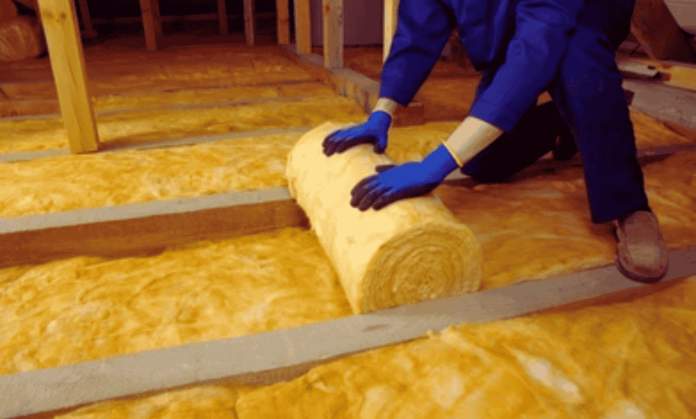What is Glass Wool?
Glass wool might sound like something out of a sci-fi movie, but it’s actually a highly practical material used in everyday life. It’s a type of insulation made by spinning or drawing molten glass into fibrous forms. Think of it like cotton candy but made of glass (just don’t eat it!).
Why Glass Wool is Popular?
Ever wondered why glass wool is such a buzzword in the insulation industry? Its versatility, lightweight nature, and excellent thermal and acoustic properties make it a top choice for both homes and industries.
The History of Glass Wool
The journey of glass wool began in the early 20th century. Its discovery revolutionized the construction industry by providing an efficient, cost-effective, and eco-friendly insulation material.
How is Glass Wool Made?
The Raw Materials Used
The primary ingredient in glass wool is—you guessed it—glass! Recycled glass and sand are melted together to create the base material.
The Manufacturing Process
Melting Glass
The process starts with heating glass to temperatures above 1400°C, turning it into a molten state.
Fiberizing the Glass
Once molten, the glass is spun at high speeds, creating thin fibres. This step is like blowing air through a straw to make bubbles.
Binding and Curing
A binding agent is added to hold the fibres together, and the material is cured to harden.
Properties of Glass Wool
Thermal Insulation
Glass wool is a pro at trapping air between its fibres, which slows down heat transfer and keeps spaces warm in winter and cool in summer.
Acoustic Insulation
Need a quieter home or office? Glass wool absorbs sound waves, making it an excellent noise insulator.
Lightweight and Flexible
Despite its robust performance, glass wool is surprisingly light and flexible, making installation a breeze.
Applications of Glass Wool
Insulation in Construction
Residential Buildings
Glass wool is commonly used in walls, roofs, and floors to maintain indoor temperatures.
Commercial and Industrial Spaces
Offices, factories, and warehouses benefit from its energy-saving properties.
HVAC Systems
Glass wool helps insulate ductwork, improving energy efficiency and reducing noise.
Automotive Industry
In cars, glass wool acts as a heat and sound barrier, enhancing comfort.
Fireproofing Applications
Glass wool is non-combustible, making it a great choice for fire safety.
Benefits of Using Glass Wool
Energy Efficiency
With glass wool, your heating and cooling systems won’t have to work as hard, reducing energy bills.
Cost-Effectiveness
Its durability and performance make glass wool a wallet-friendly option over time.
Eco-Friendly Properties
Made from recycled materials, glass wool is a green alternative for insulation.
Safety Concerns and Precautions
Handling Glass Wool Safely
Always wear gloves, masks, and protective clothing when working with glass wool to avoid skin irritation.
Health Concerns
While modern glass wool is designed to minimize risks, prolonged exposure to fibres may cause respiratory irritation. Proper installation and handling are key.
Comparison with Other Insulation Materials
Glass Wool vs. Rock Wool
it is lighter and more flexible, while rock wool is denser and better suited for extreme heat.
Glass Wool vs. Fiberglass
Although similar, glass wool has finer fibres, offering better insulation performance.
Tips for Choosing Quality Glass Wool
Certifications to Look For
Ensure the product meets international safety and quality standards, such as ISO or CE certifications.
Factors to Consider
Consider factors like thickness, density, and thermal resistance when choosing glass wool for your project.
Conclusion
Glass wool is a versatile, eco-friendly, and cost-effective solution for insulation. From keeping your home cozy to improving energy efficiency in industries, this material has a wide range of applications. By choosing glass wool, you’re not just investing in your comfort but also in a sustainable future.
FAQs
What is the lifespan of glass wool insulation?
Glass wool insulation can last up to 50 years if installed and maintained properly.
Can glass wool be recycled?
Yes, glass wool is made from recyclable materials and can be recycled again after use.
Is glass wool safe for the environment?
Absolutely! Its production involves recycled glass, making it an eco-friendly choice.
How can I maintain glass wool insulation?
Regular checks for damage, moisture, or pests can ensure its longevity.
Where can I buy high-quality glass wool?
You can find glass wool at major hardware stores, online marketplaces, or through specialized insulation suppliers.
For more information visit my blog:-zisbrand.com

